Consumers prefer shopping with climate conscious organisations. As a result, retailers of every shape and size are feeling the pressure to move towards environmentally friendly practices, and one of the key issues they face is how to reduce and effectively manage their waste.
From textiles to plastics, every retailer produces waste. However, there are measures you can take to significantly reduce how much waste you produce, including improving your recycling efforts, cutting down on product packaging and much more.
This article from Great Western Recycling, one of the UK’s leading waste management providers, is for retailers who are looking for waste management solutions that are not only beneficial for their business, but also help to contribute to a healthier planet. Win, win!
What Measures Can Retailers Take to Reduce Waste?
Take A Waste Audit
To begin, it can help to take an audit of the type of waste and the amounts you produce. This allows you to highlight the areas that need improvement and come up with a waste management plan. Here are some of the common types of waste retailers produce:
- Packaging
- Plastic
- Cardboard
- Textiles
- Glass
- Metal
Reduce Product Packaging
One of the main issues in the commercial industry is the volume of packaging and single-use plastic that is produced.
To try to reduce excess packaging, why not try a bespoke packaging design, such as die-cut boxes, that reduce how much material is needed to display and ship your products. Alternatively, you could make the switch to eco-friendly or recyclable materials, like cardboard, cellulose film or cornstarch.
Another way to reduce waste right at the source is to stock products from environmentally conscious suppliers and sell items that have a reduced impact on the environment.
Not only does this reduce your waste, but it presents an excellent opportunity for your business to run a PR campaign, boosting your brand’s image as you highlight your efforts to make more green decisions.
This may also attract consumers to make climate-conscious decisions about which retailers they support.
Reusable Bags
Since charges were introduced, there has been a significant shift in how many customers request single-use plastic carrier bags at check-outs.
However, plastic bags still contribute a significant percentage to retailer waste. One of the ways you can approach this is to encourage your customers to use their own bags. As an incentive, you could introduce a reward system, or find another way to incentivise bags for life.
Retailers can also offer plastic bag recycling in store, allowing them to leave their old plastic bags to be properly recycled or disposed of.
Reduce Paper Use
In this day and age, it’s so easy to convert to paperless options. For example, instead of wasting paper on receipts, many businesses have introduced e-receipts that are sent directly to a customer’s email address.
Not only does this save paper, but it’s more convenient for your customers, and has the added benefit for you of data capture, allowing you the opportunity to market to these email addresses in the future (with permission).
This principle can also be applied to invoices, contracts and more.
Have a Clear Recycling System
One of the best methods to reduce retail waste is to recycle. While recycling in households is now considered a normal practice, a lot of businesses still don’t have a recycling policy in place, or separate bins on site to encourage their workforce to recycle properly.
If this sounds like your business, and you would like to make a significant change, now is a great time to start.
Firstly, you must sort and separate your waste so it can be disposed of in the correct recycling bins. This is to ensure that your different waste streams remain uncontaminated and ready for collection and disposal.
Some of the common recyclable materials include:
- Plastic
- Glass
- Metals
- Paper
- Textiles
- Food
Many businesses that start recycling are surprised by how much money they save on waste disposal. Ensure that your staff are on board and understand what they need to do to optimise your recycling efforts.
Partnering with a waste management provider like Great Western Recycling, can help provide retailers with all the necessary resources they need to start their recycling efforts.
Buy-back Programme
A great way to reduce the waste of products that have already left your stores is to introduce a buy-back programme. This is where customers can return items that they no longer have any use or need, in return for vouchers for their next purchase. This works particularly well for fashion retailers but can be applied to other industries.
Once the items have been returned, the materials can either be reused and turned into other products or recycled to become another of the same product.
Improve Inventory Management
If your business stocks perishable items, such as food and beverages, one way to avoid waste is to upgrade your inventory process. Not only will this reduce waste, but it will save your business money on stock that hasn’t sold.
Retail Waste Management and Recycling Solutions from Great Western Recycling
At Great Western Recycling, we understand that for retail businesses, waste production is unavoidable, which is why maintaining an efficient waste management process is so important.
No matter what your industry or size, we offer a comprehensive range of waste management and recycling services, including ad hoc or long-term waste collection and zero waste to landfill packages.
To find out how we can help your retail business reduce costs and achieve your green goals, don’t hesitate to get in touch with our team today.
